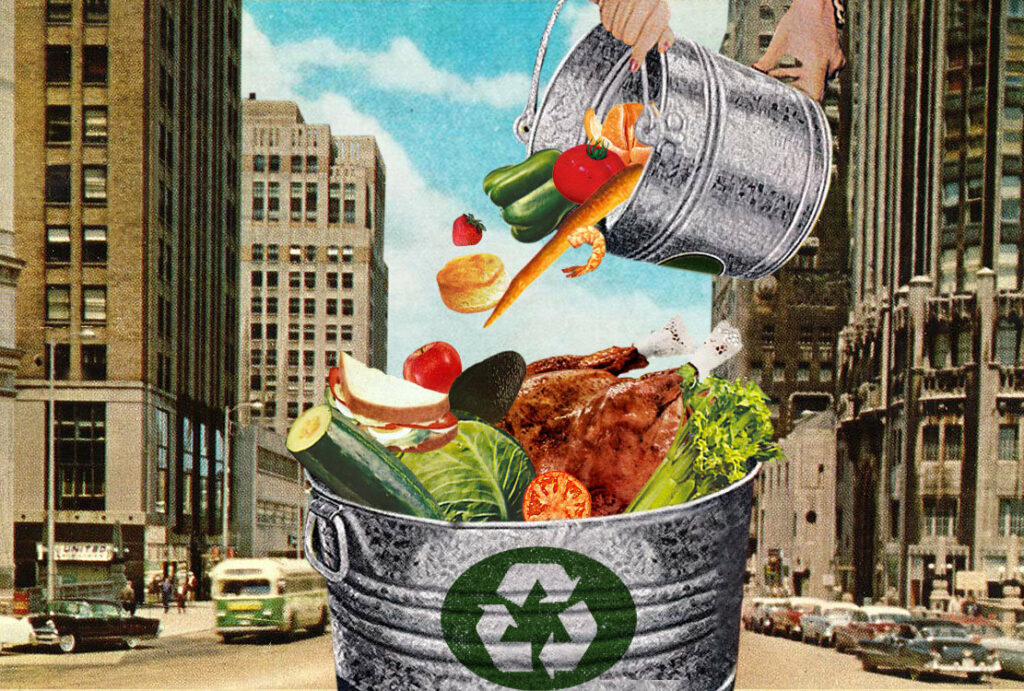
Food waste is a major problem, with an estimated one-third of all food produced globally going to waste each year. This not only has a negative impact on the environment, but it also results in billions of dollars in lost economic opportunities.
Fortunately, there are steps that cities can take to prevent food waste and reduce their environmental footprint. Here are some ways that your city can help prevent food waste:
- Implement composting programs. Composting organic waste such as food scraps and yard waste helps to reduce the amount of garbage sent to landfills, where it can produce methane – a potent greenhouse gas.
- Encourage businesses to donate excess food. Many businesses generate excess food that is still safe to eat, but is often discarded due to overproduction or cosmetic imperfections. By encouraging businesses to donate this food to organizations that can distribute it to those in need, cities can help reduce food waste while also helping to feed the hungry.
- Support community gardening and urban agriculture. Community gardens and urban agriculture initiatives can help to provide fresh produce to local residents, while also helping to reduce food waste by reducing the distance that food needs to travel to reach consumers.
- Educate the public about food waste prevention. Many people are unaware of the extent of the food waste problem, or of the simple steps they can take to reduce their own food waste. By educating the public about the issue, cities can help to raise awareness and encourage individuals to take action.
By implementing these and other food waste prevention measures, cities can play a significant role in reducing food waste and helping to create a more sustainable future.
Contact sales@careit.com for more information on how we can help your city, county, or region.









